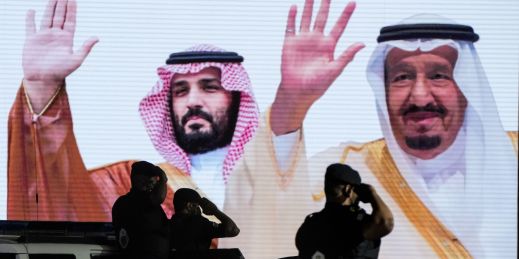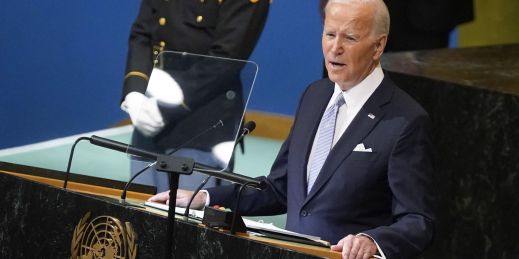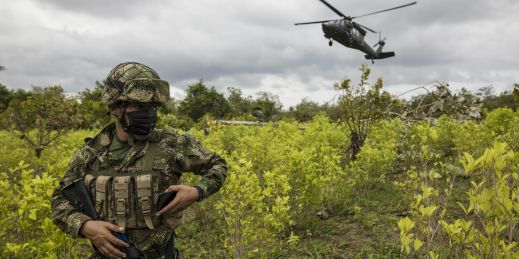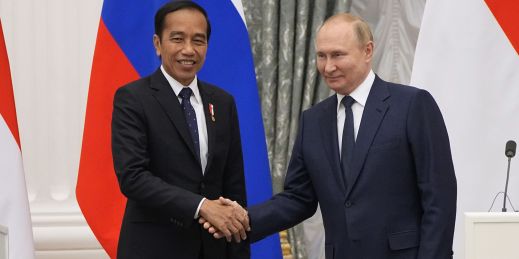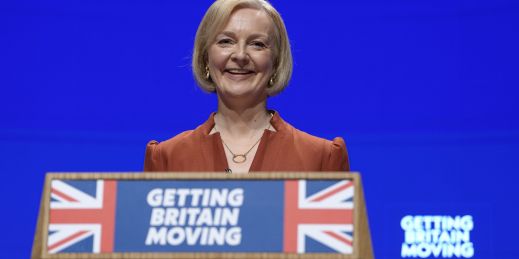
Few institutions in British political life have seemed more indestructible than the Conservative Party. But Prime Minister Liz Truss’ chaotic first month in office has shattered what remained of the party’s reputation for economic competence. Now a pillar of British political life for 200 years is now facing electoral extinction.

